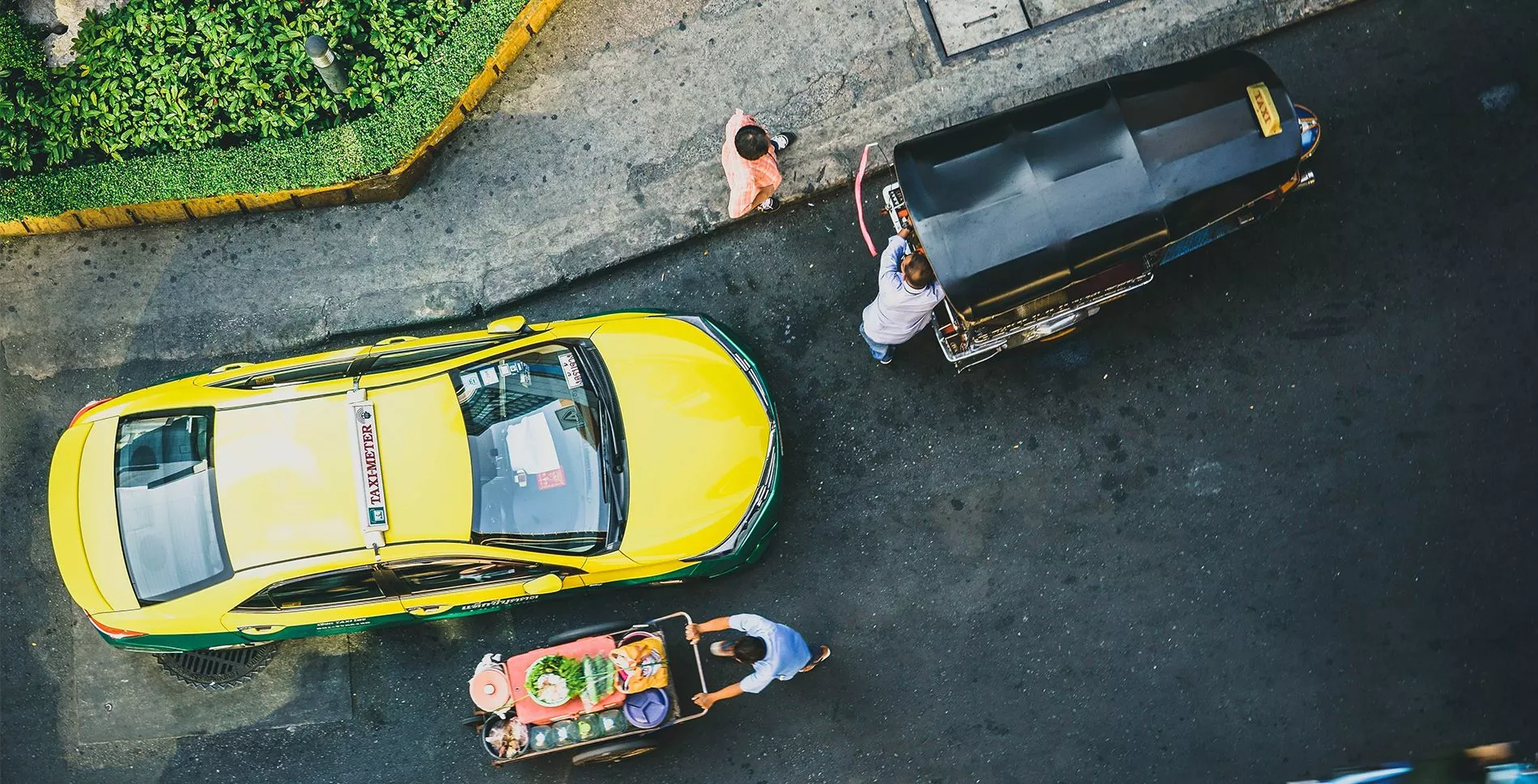Get 10% off and be the first
to discover new brands!
“The illusion of speed is the belief that it saves time. It looks simple at first sight: finish something in two hours instead of three, gain an hour. It's an abstract calculation, though, done as if each hour of the day were like an hour on the clock, absolutely equal. But haste and speed accelerate time, which passes more quickly, and two hours of hurry shorten a day. Every minute is torn apart by being segmented, stuffed to bursting.” (A Philosophy of Walking, Frederic Gros)
The first time I travelled as an adult, accompanied by some close friends, was via train right through the heart of Europe. The combination of ten cities, nine trains, countless beers and an overnight ferry all in the space of twenty-four days was a strenuous ordeal, even for a youth still unburdened by the responsibilities of adulthood.
Life In The Fast Lane
Although we visited the essential exhibits and scraped the surface of each city, I returned home with a very superficial understanding of where I had been and what I had seen. Racing the route between monument, hostel and train station doesn’t allow many opportunities to meet locals or eat a typical meal, let alone experience the soul of a city.
On the other hand, this type of hectic, Europe-in-a-week journey is contrasted by the typical package holiday; one week of lackadaisical lethargy spent at the poolside of an all-inclusive hotel, the idea of which has always bored me to the core and thus been staunchly avoided.
While most of my ensuing travels have fallen somewhere in the middle of these two extremes, I’ve often returned home feeling either unsatisfied, drained, or both. This is definitely not what I have in mind when setting off on a new adventure. It took me an unfortunate amount of time to realise that how I was used to travelling was just fundamentally wrong for me. I needed a change not only in the pace, but also the purpose of my journeys.
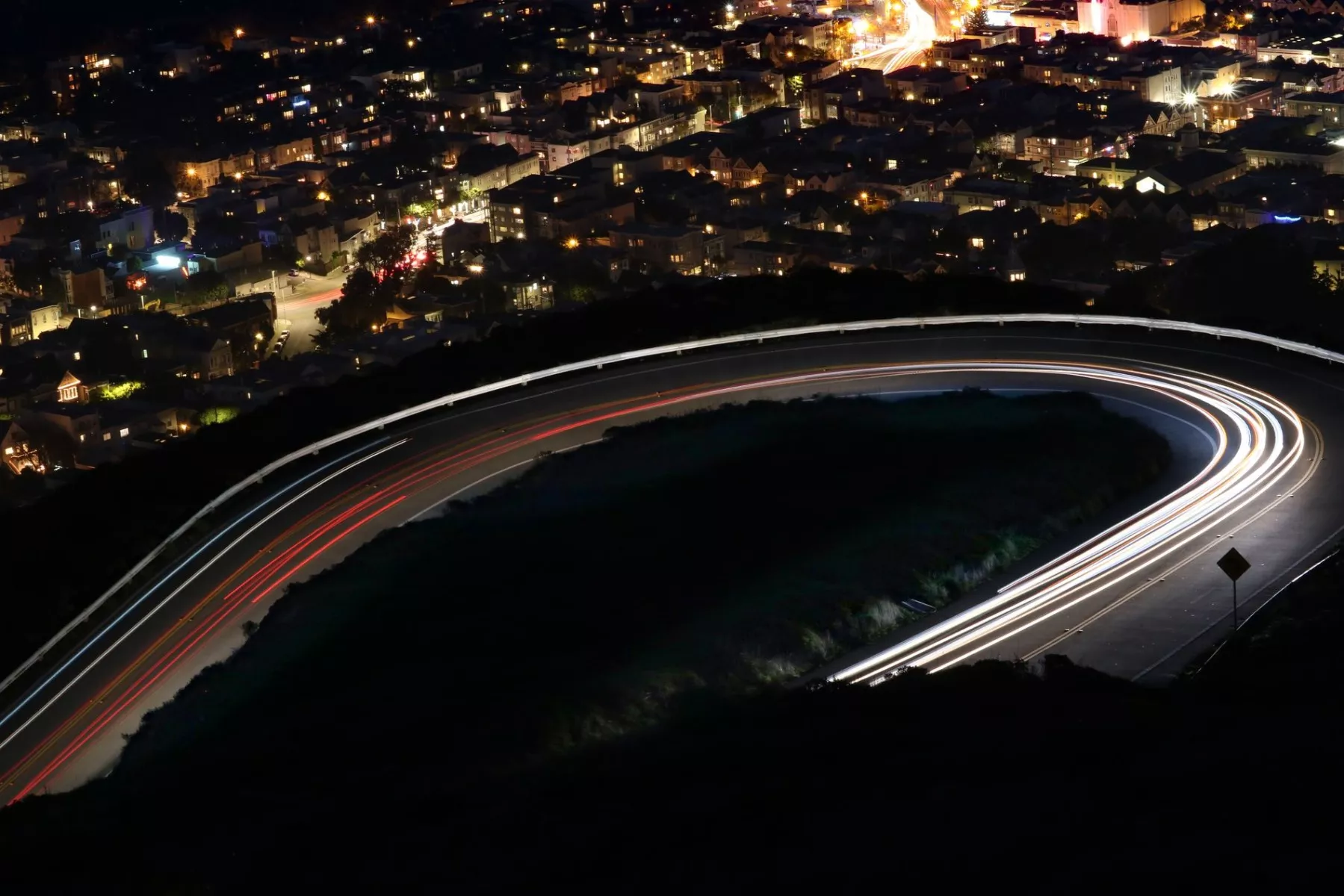
Discovering Slow Travel
Later, I was introduced to the term “slow travel”. Slow travel is a modern movement or mind-set, spun off from the slow food movement, in which the journey is considered worthier than the goal and traditional tourism is rejected.
Advocates of slow travel are eschewing planes in favor of trains, ships, bicycles, donkeys or their own two feet. But speed is not the only concern. The fundamental principles are similar to those of mindfulness, or the art of living in the moment. In other words, without anticipation or apprehension towards a future goal, appreciation of the fleeting moment and the here and now becomes possible. With no plans, reservations or restrictions to determine the direction of a journey, curiosity and circumstances will often lead the way.
Instead of gorging on easily accessible attractions, one can take the longer, more arduous trek towards something astonishingly authentic. Instead of buying a mass-produced tshirt or trinket, it’s possible to participate in the process of creation and have the opportunity to receive, while giving something back. Instead of spending a week trying to forget a familiar reality, there is the chance to spend a month immersed in the reality of another.
The sad truth is, that commercialized, pre-packaged tourism is harmful for both the environment as well as local communities. An approach with more consciousness and less speed can have a positive impact on the planet and its inhabitants, including the traveler.

Quick Tips For Slow Travel
1. Be Open To Adventure
Try not to book and plan every step of the journey in advance, especially for longer trips. The most magical part of travelling is stepping into the unknown, and experiencing something wonderfully unfamiliar. But if every day is planned and each experience scheduled in its time-slot, this can leave little room for adventure. Additionally, without the restriction of impending return flights or pre-paid accommodation, a world of unanticipated opportunities awaits.
However, if you are a real stickler planning, but you still want to have a genuinely ethical and enriching experience, you can always book a trip with a small sustainable travel operator with a proven track record on promoting local, sustainable and exciting tourism. Such providers, as well as promoting genuine cultural exchanges that benefit communities, may well connect you with following slow travel opportunities.
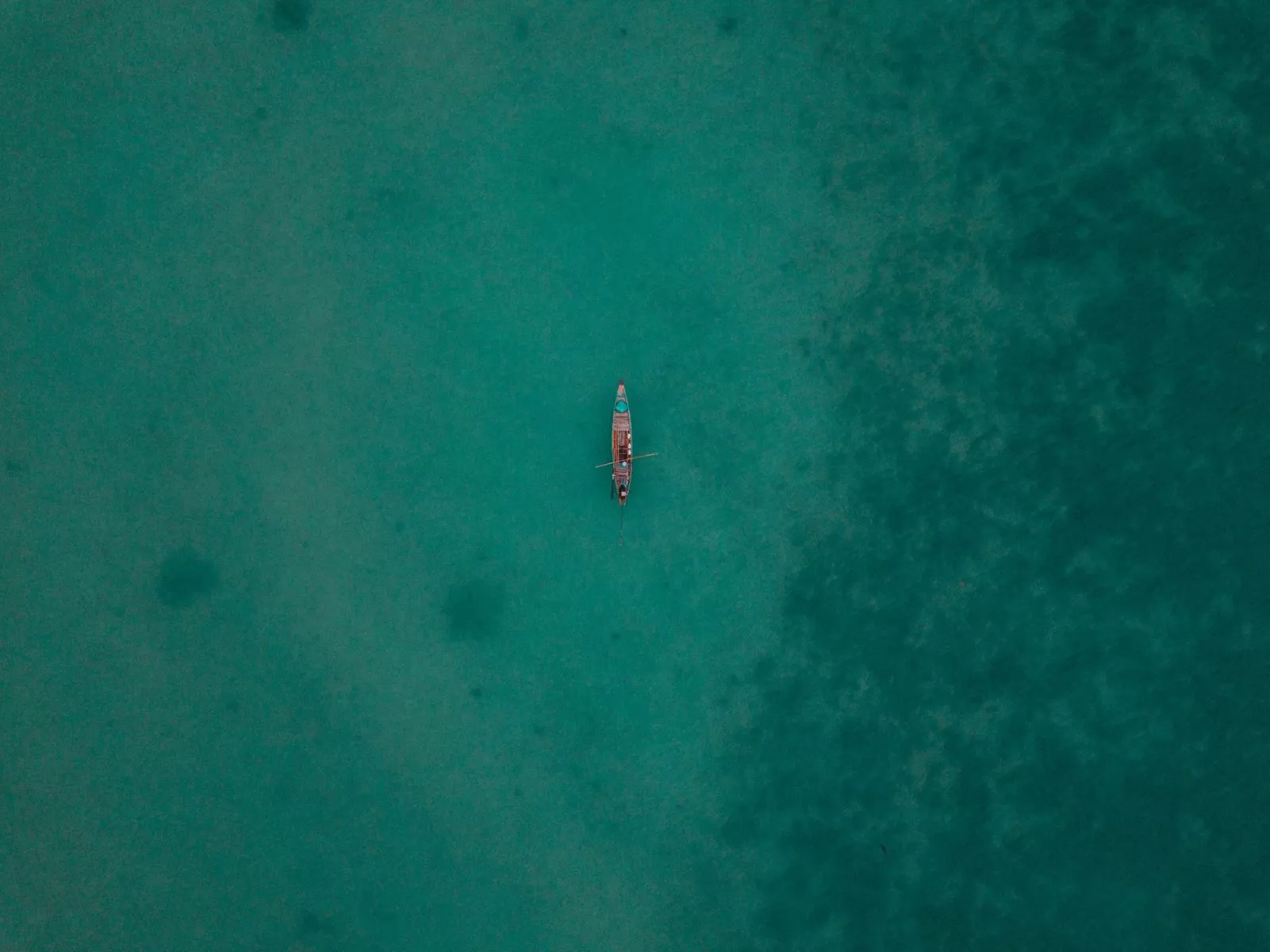
2. Connect with the Environment and its Inhabitants
By spending more time in each location, you’ll become more attuned to the atmosphere and daily routines of a place. Instead of feeling compelled to catch a quick glance of everything, you’ll understand what lies beneath the surface.
What’s more, there will be a greater chance of befriending local people. If you’ve ever shown someone around your hometown, you might agree that there is a distinct difference between a local’s perspective and a guidebook. By connecting with locals the experience becomes more authentic and personal, and you can eventually return the favor by inviting people to visit your own country.
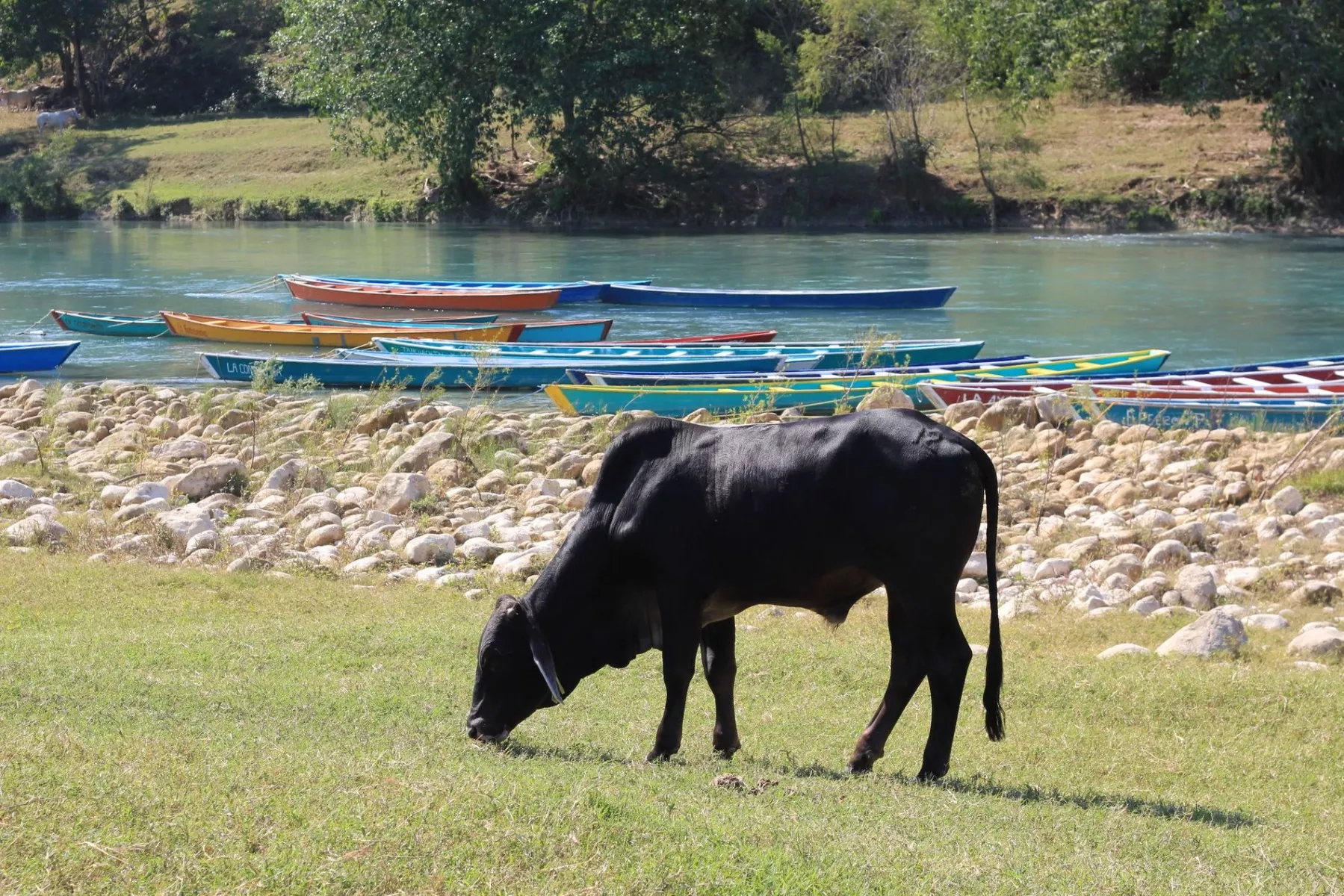
3. Take the Scenic Route
Although flying is usually the fastest choice of transportation, it is not always the most exciting one. So relax and enjoy every step of the journey. When traveling by train, bus or carpooling, you can enjoy the beautiful scenery a country has to offer, while engaging in interesting conversations with local travelers. Besides being more interesting, the land route typically has the added benefit of a smaller environmental impact and lower cost.
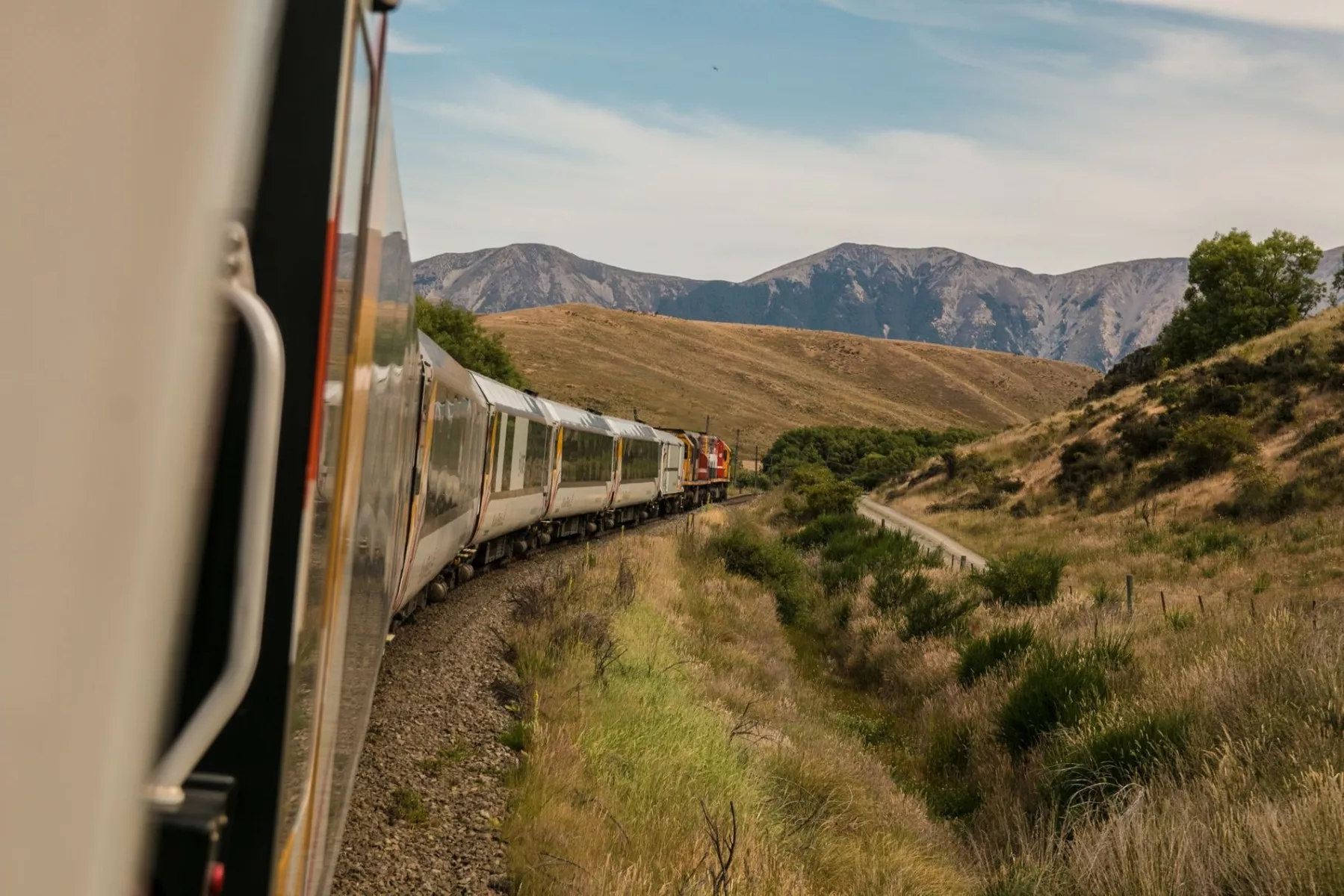
4. Volunteering or Work Exchange
While helping people can be a gratifying experience in itself, it can also open up doors that would otherwise have remained closed to visitors. There are numerous volunteering organisations, active worldwide, which offer a large array of programs.
In a similar vein, working in exchange for accommodation / food while traveling offers the opportunity to extend a traveler’s budget while providing a unique glimpse of local people’s lives and helping their businesses to grow.
Websites such as Workaway and Hippohelp are great tools for connecting with local farms / businesses / organisations that need a helping hand. An alternative which requires less commitment is the bringing of supplies that local communities are lacking. The organisation Pack for a Purpose is helpful in choosing provisions and destinations.
Everyone has their unique way of travelling. We at The Fair Cottage would love to read about where and how you travel. Share your stories with us via the comments section, on our instagram channel or write us an email.
Enjoyed this article from Tino Alakari? Check out his informative article on marine conversation.


